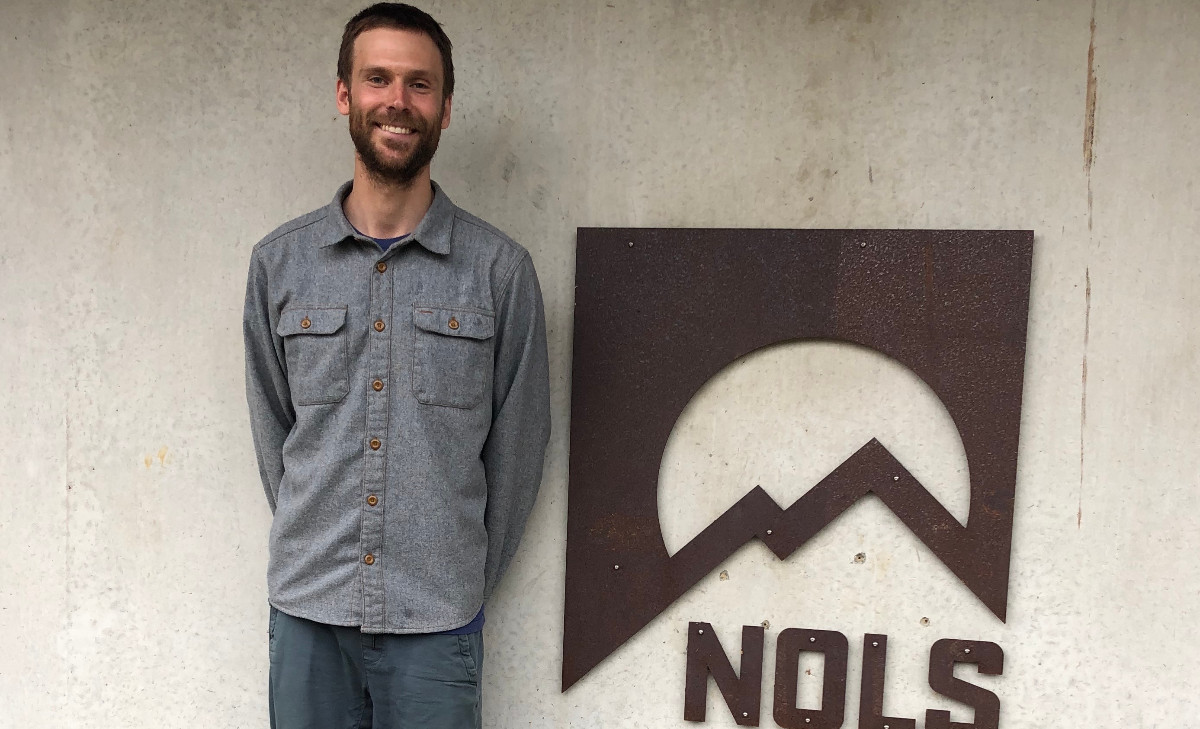Welcoming First Cohort: Matt Leslie

Image: Matt Leslie (Image courtesy: Matt Leslie)
Matt Leslie is pursuing the MSK degree in hopes of becoming a mental performance consultant.
He shares about his passion and what he is most excited to learn in the MSK program.
What is one fun fact about yourself?
In addition to beginning graduate school at PLU, this year will be my first year as the Varsity Head Boys Basketball Coach at the Northwest School in Seattle, WA. This is my first varsity head coaching position and I couldn’t be more excited!
What inspired you to join the MSK program at PLU?
I have a passion for sport and physical activity that has greatly evolved in scope and practice over the past decade. Nothing has been more impactful on my athletic and professional journeys than my undergraduate studies in exercise and sport psychology, a minor I received at PLU (Class of 2013). My time at PLU launched me on a mission-driven path, seeking to develop high performing individuals and teams through teaching the technical and leadership skills needed to achieve success in their chosen arenas.
The team-building and applied mental skills interventions I learned at PLU greatly enhanced my skills as a coach and facilitator in all my professional roles. As I seek to take the next step in my educational and professional journeys, I was eager to jump at the opportunity to join PLU’s inaugural cohort in the MSK program to continue to learn from the faculty and community that has inspired and shaped my career thus far.
What are you most excited to learn?
I am excited to learn more about what career opportunities exists in the dynamic and growing field of applied sport psychology. I am also eager to learn the relevant research and scientific theory of mental performance enhancement, and apply it to the diverse populations I work with as both a high school basketball coach and wilderness expedition instructor with the National Outdoor Leadership School.
There are so many topics I am excited to explore and gain expertise in, including flow, resilience training, arousal control, and imagery use, among many others. In addition to exploring the research, I am excited to learn the field’s best practices so I can develop tools and curriculum to better serve my athletes and students as they seek to maximize performance and enjoyment in their respective domains.
How would you use this degree in your future career?
I am pursuing this degree in hopes of becoming a mental performance consultant, where I see a range of opportunities to work with a diverse array of individuals and groups. Some groups I envision myself working with as a mental performance consultant include youth and professional competition climbers; elite and recreational mountain adventure athletes; and athletes, teams, and coaches in youth sport.
What tips would you share with undergraduate students when considering a graduate program?
I think first and foremost it is important to reflect on what you hope to gain from completing a graduate program, both in terms of content knowledge and opportunities for applied practice or research. It is key to think about what you would like your career to look like after grad school, and consider if a specific program will help you on the path toward that career. I found it helpful to meet with those in the field I respected to see what they thought I should be searching for in a graduate program, and what I should want to get out of my time in graduate school.
My next tip is to gather as much information as you can about the program. Read all of the online and print materials you can about any programs you are interested in. Specifically for programs in applied sport psychology, The Association of Applied Sport Psychology (AASP) has a Graduate Program Directory that helps you compare programs. Outside of published materials, you should speak with admissions counselors, faculty, and current or former students and attend informational sessions. Lastly, it is important to visit the campus! It should go without saying, but the more information you can gather the more informed decision you can make.


